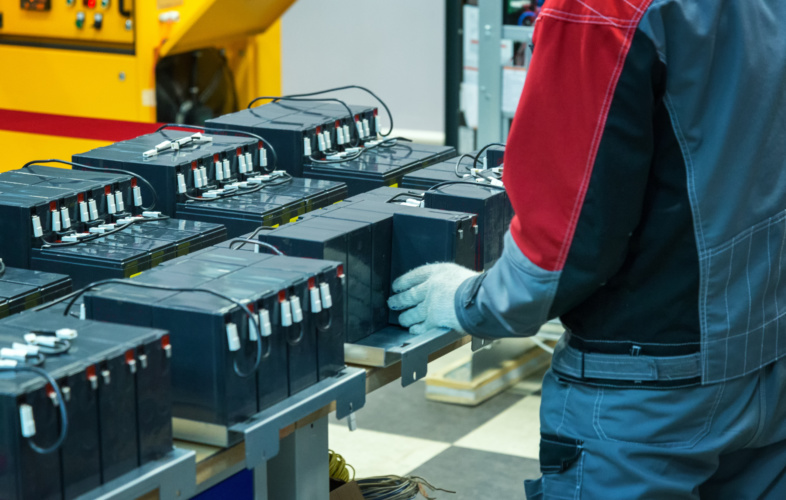
The government ban on sales of new diesel and petrol cars by 2030 has pushed the automotive sector and others to adopt and develop electrified products at a rate that will continue to increase for the next 10 to 15 years.
‘The Opportunity for a National Electrification Skills Framework and Forum’, authored by WMG, University of Warwick; the High Value Manufacturing Catapult; and the Faraday Institution, outlines how the transport and utility sectors can accommodate their workforce to meet the demand for skills in the push Net Zero.
Interview: Britishvolt CTO Allan Paterson on building the UK’s first battery gigaplant
In a statement, Tony Harper, director of the Faraday Battery Challenge at UKRI said: "UK industry is undergoing an exciting and rapid transformation to fulfil the UK government’s 2050 Net Zero commitments. This once-in-a-generation, global technological revolution leaves competency gaps at all job levels, particularly in engineering and manufacturing roles which will need to be filled with specific education and training.”
The framework recommends the use of short and long courses, plus continuing professional development, to deliver the competency required to meet electrification goals across various sectors. The framework currently considers vehicle electrification as well as battery manufacture, power electronics, motors and drives. Expertise gained in these areas can be extended to rail, aviation and utilities.
Through engagement with industry and educational providers, the report has identified the key principles and skills needed to make the UK a world leader in electrification. By re-skilling, up-skilling and providing routes through from education to enable new-skills, employees can progress in their career and companies provide a viable way of managing and developing the skills of workforces in line with business objectives.
The authors found that for the UK to transition to an electrified and Net Zero future it is essential that all aspects of industry and education collaborate. The forum provides an opportunity for different companies from multiple sectors to work together, but also for UK training providers to collaborate and develop training, enabling the right courses to be offered at the point of need.
Professor David Greenwood, CEO of WMG High Value Manufacturing Catapult at the University of Warwick said: “Electrification of automotive and aerospace industries, as well as the establishment of UK battery production facilities represents a considerable industrial opportunity for the UK and one where having a workforce with the required skills and capabilities will be essential for the nation to compete successfully on the European stage.
“As these sectors transform to fully electric products, we have a proposed national plan for electrification skills, through which we will define a framework to deliver a workforce with the required skills and capabilities to deliver the sectoral technology roadmaps. This focus will be essential for the sector to develop thrive in a highly competitive global industry.
“We are proud to launch this forum, through which the electrification skills framework will be shaped by the wisdom and direction of automotive technologists, educators, accrediting bodies and training providers. It will provide a framework for a national skills programme, delivering at a regional level according to industrial need.”
Information on course materials will be available from 22 September at: https://hvm.catapult.org.uk/resources/courses




Red Bull makes hydrogen fuel cell play with AVL
Formula 1 is an anachronistic anomaly where its only cutting edge is in engine development. The rules prohibit any real innovation and there would be...